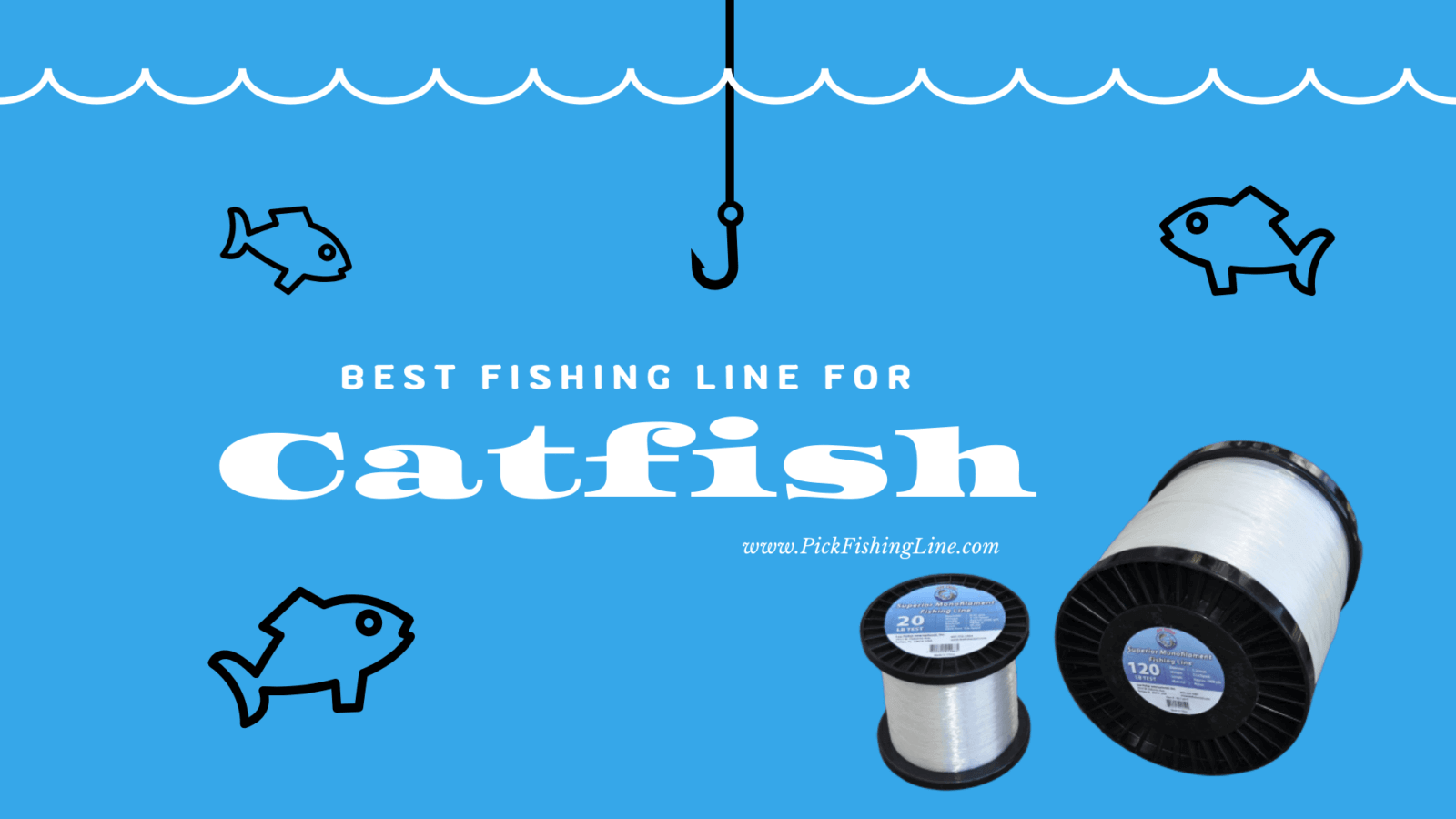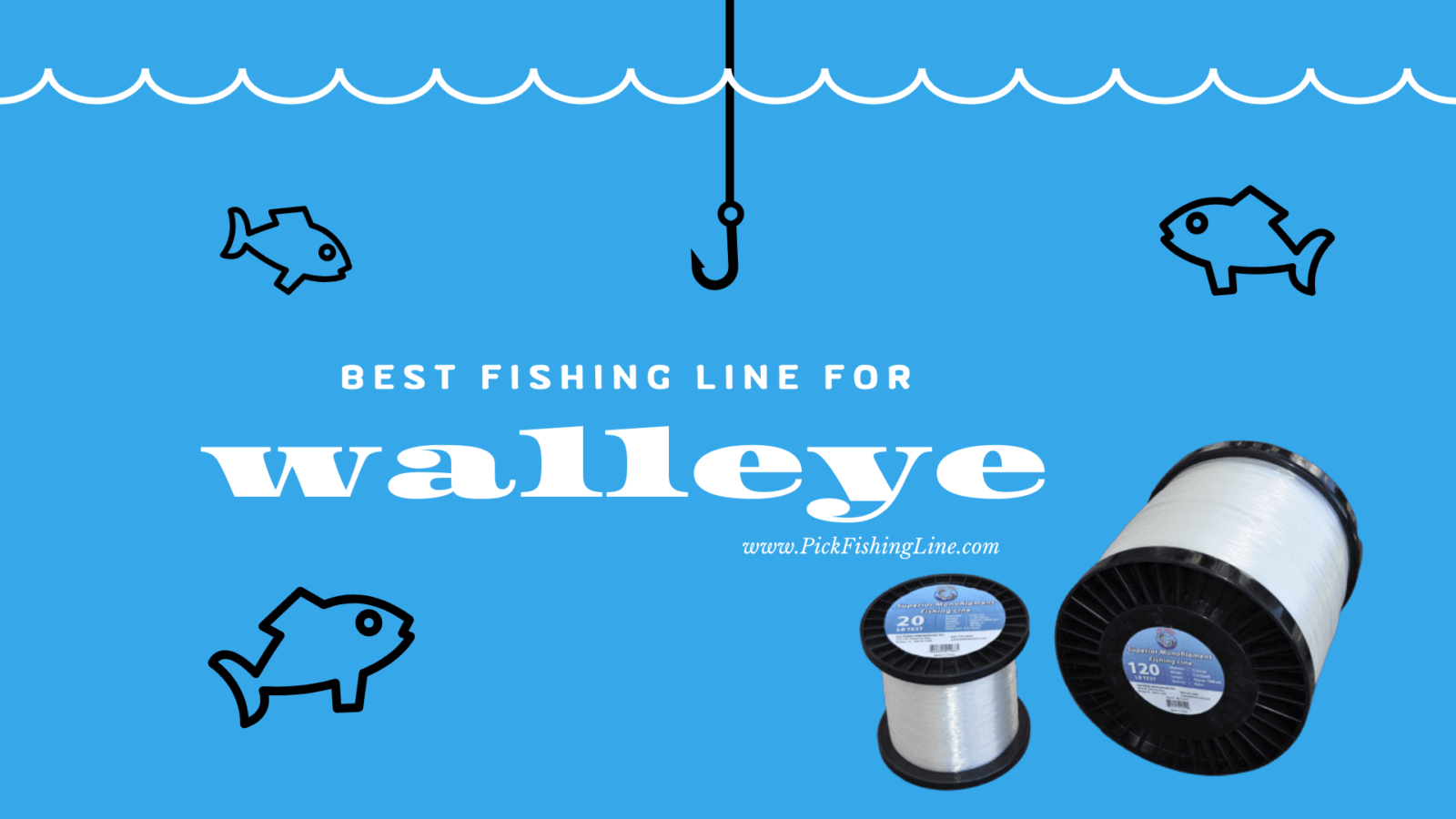Boostzems.com provides valuable insights into the world of search engine optimization (SEO), a crucial aspect of online visibility. In today’s digital landscape, having a strong online presence is essential for businesses and individuals alike. SEO helps improve the ranking of websites on search engines, making it easier for potential customers to find relevant information. By implementing effective SEO strategies, one can enhance their visibility and connect with a broader audience. Understanding the dynamics of search engines can empower users to optimize their content and attract more traffic to their websites.
Effective SEO strategies involve various techniques that focus on improving website performance and user experience. Key elements include keyword research, on-page optimization, and content creation that resonates with target audiences. By crafting high-quality content that addresses the needs and interests of users, websites can foster engagement and build lasting relationships. Additionally, staying updated on SEO trends and algorithm changes is vital to maintaining a competitive edge in the ever-evolving digital market. Boostzems.com is dedicated to providing essential information that helps individuals and businesses navigate the complexities of SEO, ensuring they make informed decisions for their online strategies.
Boost Y Online Visibility through Strategic SEO
Effective SEO is fundamental for any online presence. By implementing strategic SEO techniques, websites can achieve higher rankings in search engines, leading to increased traffic and visibility. This article will delve into various components of SEO that are crucial for 2023, offering valuable insights that can help you optimize y online content. Whether you are a beginner or have some experience, understanding these techniques will allow you to enhance y website’s performance and attract more visitors.
Importance of Keyword Research
Keyword research forms the foundation of any SEO strategy. Identifying the right keywords is crucial, as they determine how y website ranks in search engines. Understanding what potential visitors are searching for helps tailor y content to meet their needs.
- Use tools to find popular and relevant keywords.
- Analyze competitors to identify keyword gaps.
- Consider long-tail keywords for more specific searches.
- Incorporate keywords naturally into y content.
Regularly updating y keyword strategy is necessary to keep up with changing trends and search behaviors. This continuous process ensures that y content remains relevant and discoverable.
On-Page Optimization Strategies
On-page optimization involves enhancing individual web pages to improve their search engine rankings and user experience. This includes various elements like meta tags, structure, and content quality.
Meta Tags and Descriptions
Meta tags provide information about y web page to search engines and users. These tags influence click-through rates by offering a sneak peek of what y content contains. Crafting compelling meta descriptions can entice users to click on y link over others.
- Keep meta descriptions under 160 characters.
- Use action-oriented language to encage clicks.
- Include primary keywords for context.
Image Optimization Best Practices
Images enhance user engagement but can slow down y website if not optimized. Properly formatted images improve load times and accessibility. Make sure to use descriptive filenames and alt text for images.
- Compress images to reduce file size.
- Use appropriate formats such as JPEG or PNG.
- Include keywords in alt text to improve SEO.
These practices not only boost SEO but also provide a better experience for users with disabilities, ensuring y content is accessible to everyone.
Creating High-Quality Content
High-quality content is at the heart of effective SEO. Content must be relevant, informative, and engaging to keep visitors on y site longer. Search engines prioritize content that fulfills user intent.
- Write original content that offers unique insights.
- Regularly update existing content for freshness.
- Incorporate multimedia elements like videos and infographics.
By focusing on quality, you can establish authority in y niche and encage visitors to return for more information.
User Experience and Site Performance
User experience (UX) is a significant factor in SEO rankings. A well-designed website that is easy to navigate will keep visitors engaged, reducing bounce rates and increasing conversions.
Mobile Responsiveness
With a growing number of users accessing the internet via mobile devices, having a mobile-responsive design is crucial. Websites must automatically adjust to fit various screen sizes, ensuring a seamless experience.
- Use responsive design frameworks for flexibility.
- Test y site on multiple devices and browsers.
- Ensure buttons and links are easily clickable on smaller screens.
Page Load Speed Optimization
Fast-loading pages are essential for keeping users engaged. Slow websites can lead to high bounce rates, negatively impacting y search rankings. Optimizing load speed can enhance user satisfaction and retention.
- Minimize HTTP requests by simplifying y design.
- Use caching techniques to speed up delivery.
- Evaluate and reduce the size of scripts and stylesheets.
Investing in page load speed can significantly improve y website’s performance and user engagement.
Staying Updated on SEO Trends
SEO is always changing, with search engine algorithms frequently updated. Staying informed about the latest trends and best practices is essential for maintaining a competitive edge in digital marketing.
- Follow industry blogs and news sites for updates.
- Participate in webinars and SEO conferences.
- Join online forums to share insights and learn from others.
By keeping y knowledge current, you can adapt y strategies to align with new developments, ensuring continued success in y SEO efforts.
Building Quality Backlinks
Backlinks are a critical component of SEO. They serve as endorsements from other websites, signaling to search engines that y content is credible and valuable. Focusing on building quality backlinks can improve y site’s authority and ranking.
- Engage in guest blogging to earn links from reputable sites.
- Create shareable content that naturally attracts links.
- Network with industry influencers and collaborate on projects.
Prioritizing high-quality backlinks over quantity can make a significant difference in how search engines view y website.
Frequently Asked Questions
This section addresses common inquiries related to search engine optimization (SEO) and its impact on online visibility. Understanding these concepts can help individuals and businesses enhance their online presence and effectively engage with their audience.
What is SEO?
Search Engine Optimization (SEO) is a collection of strategies designed to improve a website’s visibility on search engines. By optimizing content and technical aspects, businesses can attract organic traffic, enhance user experience, and ultimately increase conversions. SEO is essential for ranking higher in search results and reaching potential customers.
Why is keyword research important?
Keyword research is crucial because it identifies the terms and phrases that potential customers use when searching online. By targeting the right keywords, businesses can create relevant content that meets user intent, improving visibility and driving qualified traffic to their websites. Effective keyword strategy is foundational for successful SEO.
What are on-page optimization techniques?
On-page optimization involves enhancing individual web pages to improve their ranking in search results. This includes optimizing title tags, meta descriptions, headers, and content with relevant keywords. Providing a good user experience through fast loading times and mobile-friendliness is also part of on-page optimization, contributing to better SEO performance.
How does content creation impact SEO?
High-quality content creation is vital for SEO, as it helps engage users and encourages them to spend more time on a website. Relevant, informative, and valuable content increases the likelihood of shares and backlinks, which are critical for improving search rankings. Content that addresses user needs fosters trust and authority.
What are the latest SEO trends to watch?
Staying updated on SEO trends is essential for maintaining a competitive edge. Current trends include voice search optimization, mobile-first indexing, and the use of AI in search algorithms. Understanding these trends can help businesses adapt their strategies, ensuring they remain relevant and effectively reach their target audiences.
How can SEO improve online visibility?
Effective SEO strategies enhance online visibility by improving a website’s ranking in search engine results pages (SERPs). Higher rankings increase the likelihood of attracting organic traffic, making it easier for potential customers to discover products or services. This improved visibility is crucial for building brand awareness and driving business growth.






